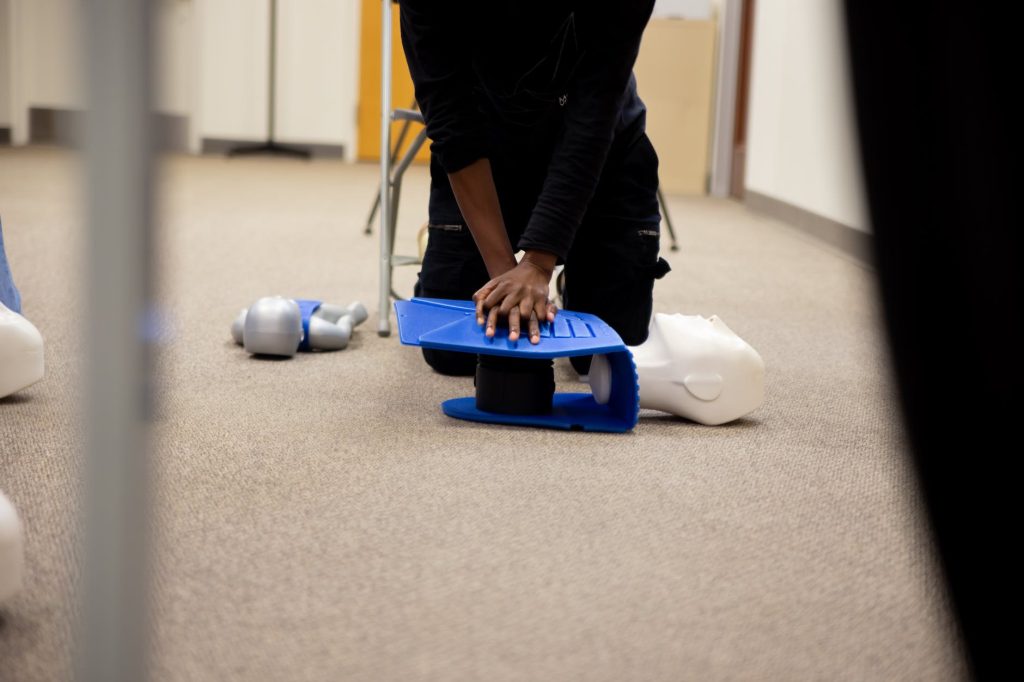Learning CPR (cardiopulmonary resuscitation) is a crucial life-saving skill that everyone should have. In the past, CPR training was primarily offered in-person, but now, with the rise of online education, online CPR certification courses have become a popular option for many. While online CPR certification offers several benefits, some people still have concerns about its effectiveness and legitimacy. In this article, we’ll address some of the common concerns about online CPR certification and provide evidence to dispel any misconceptions.
Perception of Online Courses as Less Effective than In-Person Training
One common concern about online CPR certification is that it’s not as effective as in-person training. Some people believe that without the guidance of an instructor, online courses can’t provide the same level of instruction as in-person training. However, research shows that online CPR certification courses can be just as effective, if not more effective, than in-person training.
A study conducted by the American Heart Association found that online CPR certification courses were just as effective as in-person courses in terms of knowledge retention and skill proficiency. The study showed that participants who took the online course had similar outcomes to those who took the in-person course. In fact, the online course participants demonstrated slightly better retention of knowledge and skill proficiency than the in-person course participants.
Potential for Lack of Hands-On Experience or Opportunity for Practice
Another concern about online CPR certification is the lack of hands-on experience or opportunity for practice. Some people believe that without hands-on experience, it’s difficult to master the necessary CPR techniques. However, many online CPR certification courses provide opportunities for hands-on practice and simulation.
For example, some online courses offer interactive simulations that allow students to practice their CPR skills on a virtual patient. These simulations provide immediate feedback, allowing students to adjust their technique and improve their skills. Other courses offer access to CPR manikins that students can use to practice chest compressions and rescue breaths.
Misconceptions about the Legitimacy of Online Certification
Some people are skeptical about the legitimacy of online CPR certification. They may question whether an online certification is recognized by employers or regulatory bodies. However, many online CPR certification courses are accredited by reputable organizations, such as the American Heart Association or the National CPR Foundation.
Accreditation is a rigorous process that ensures that a program meets high standards for curriculum, instruction, and assessment. Accredited online CPR certification courses are recognized by employers and regulatory bodies, just like in-person courses.
Addressing Concerns and Providing Evidence for the Effectiveness of Online CPR Certification
In conclusion, while some people may have concerns about online CPR certification, the evidence shows that it can be just as effective as in-person training. Online courses offer the flexibility and convenience of self-paced learning, while still providing opportunities for hands-on practice and simulation. Accredited online CPR certification courses are recognized by employers and regulatory bodies, and provide the necessary knowledge and skills to save lives in an emergency situation. So, if you’re considering online CPR certification, don’t let misconceptions hold you back.



